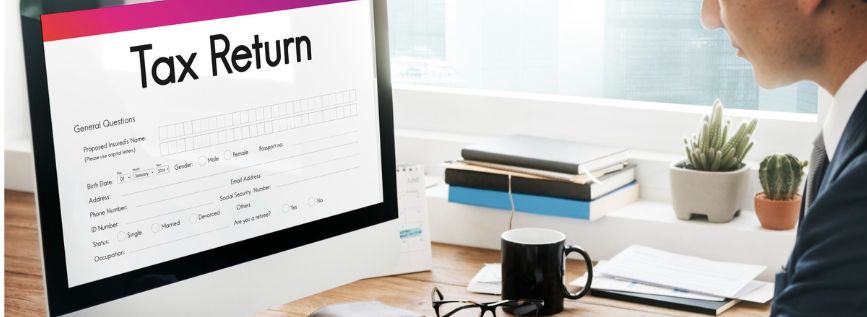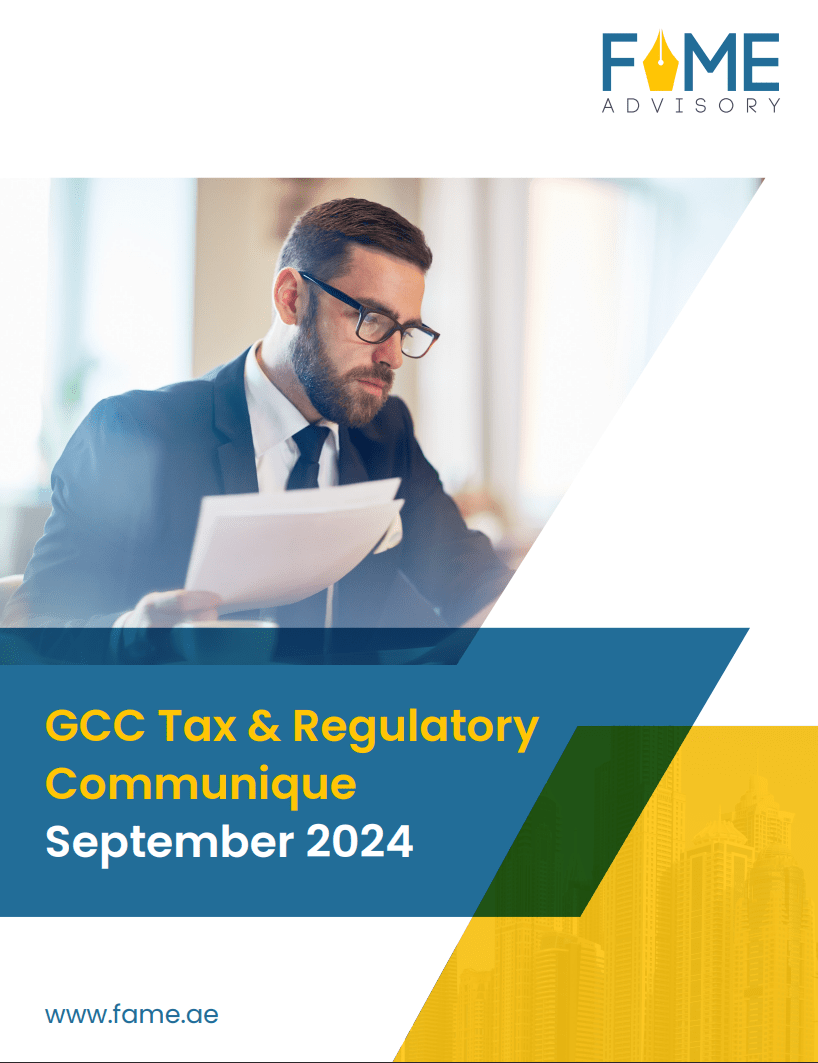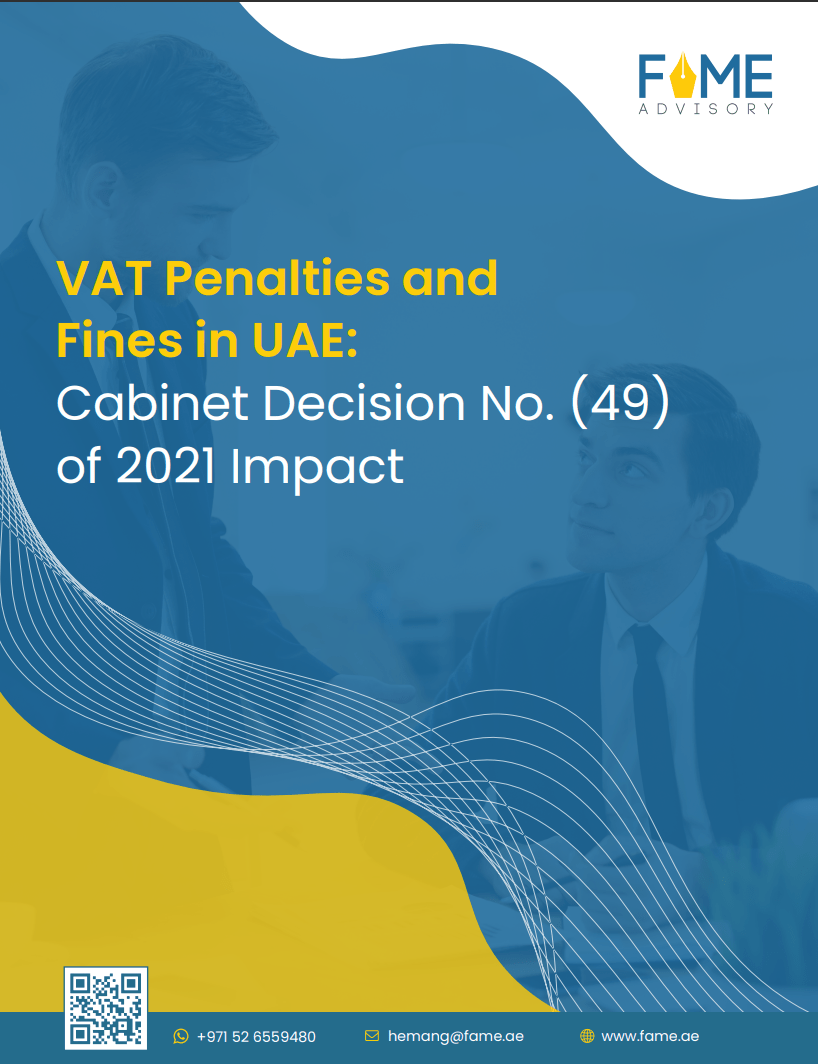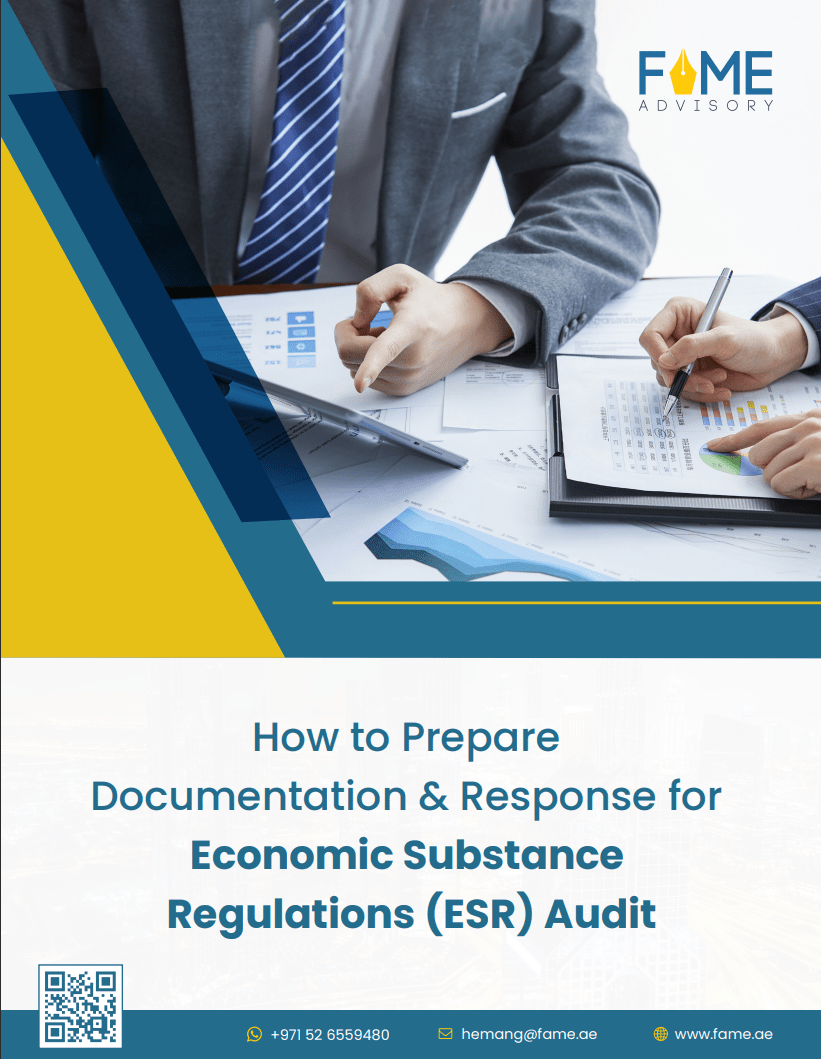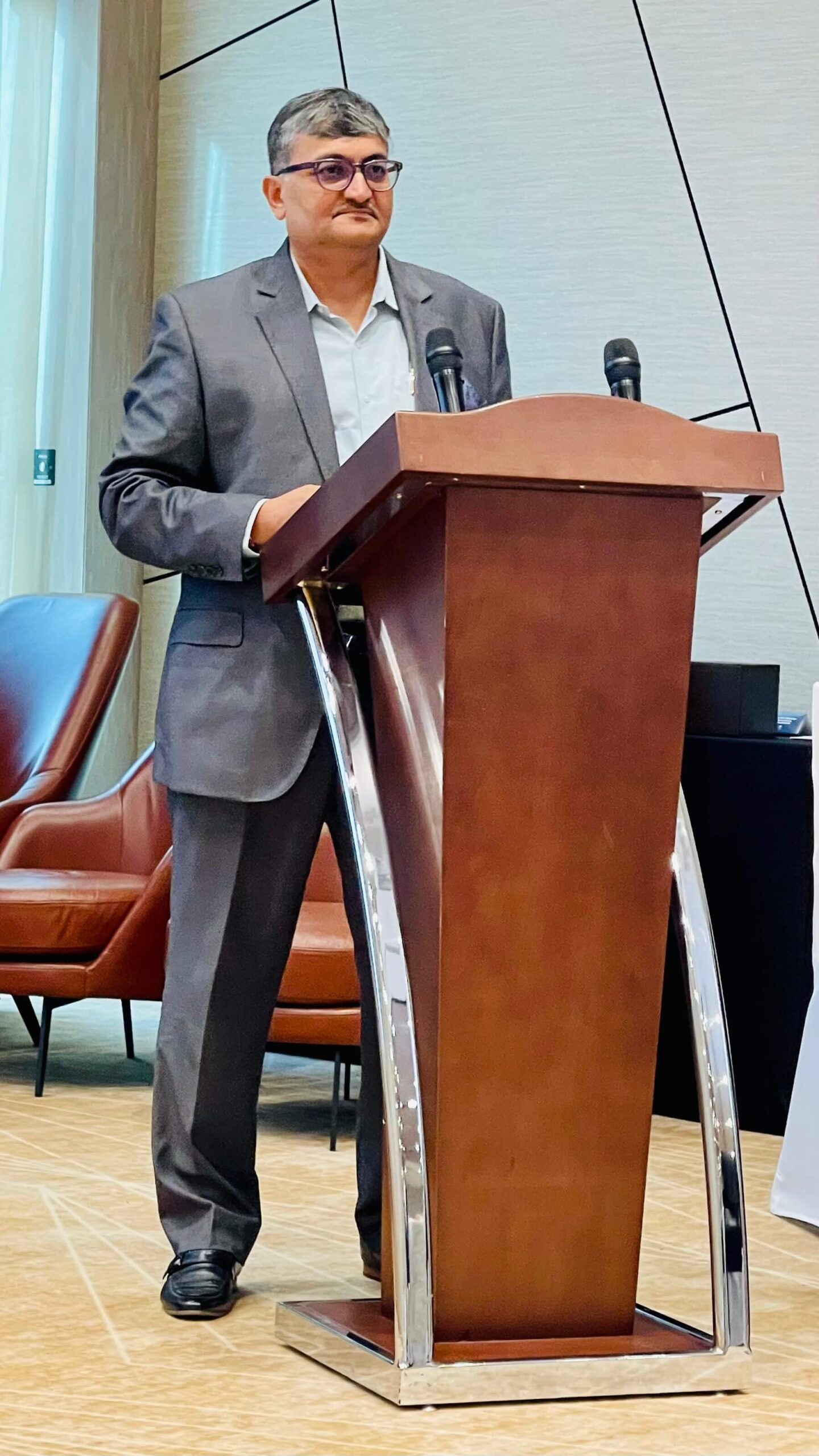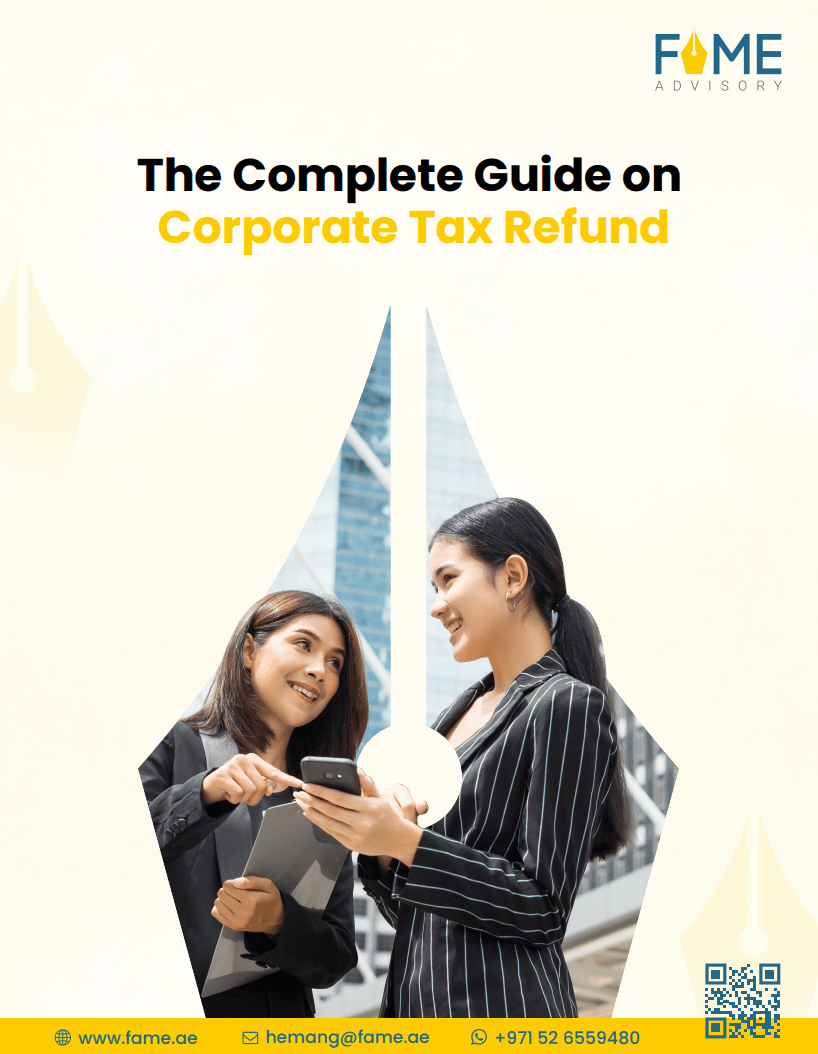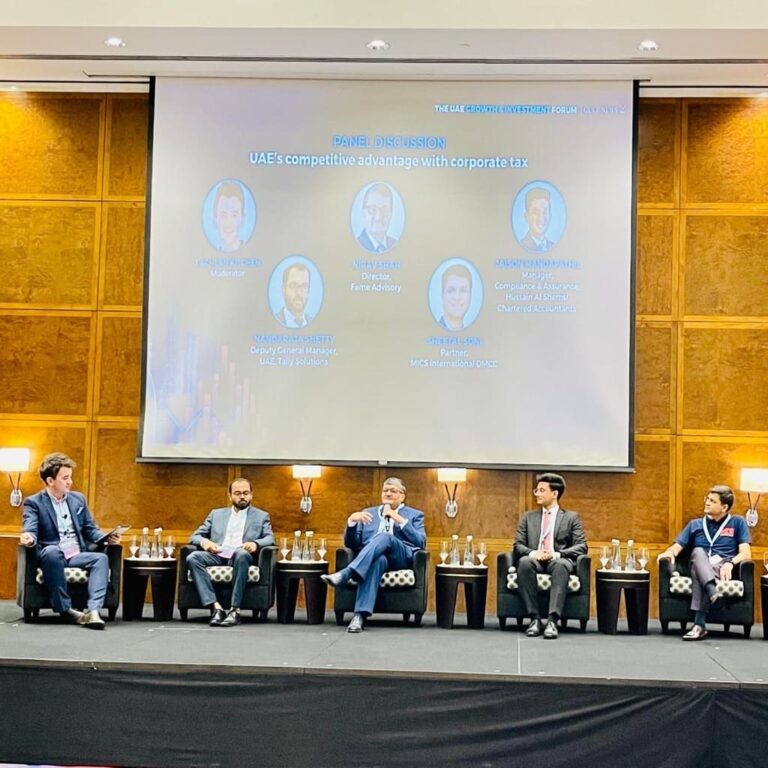
On September 19th, FAME Advisory proudly served as a Support Partner for the UAE Growth & Investment Forum, organized by Gulf News. This prominent event brought together industry experts, government officials, and visionary entrepreneurs to explore substantial opportunities for business growth in the UAE.
The event featured meaningful discussions aimed at shaping the future of business in the region. Our Director, CA Nirav Shah, shared valuable insights during an exclusive panel discussion, emphasizing the critical importance of adopting robust accounting and compliance measures to navigate the UAE’s Corporate Tax Framework effectively.
Nirav’s insights sparked a comprehensive dialogue on the competitive advantages available to businesses and how organizations can strategically approach the evolving regulatory environment to drive sustainable growth. Attendees actively engaged in these discussions, highlighting their relevance to operational strategies.
We sincerely appreciate all participants for their contributions to the forum’s success. Your involvement created a rich environment for knowledge exchange. For further insights into Nirav’s discussion, full coverage is available on Gulf News.
As we move forward, FAME Advisory remains dedicated to facilitating discussions that support businesses in navigating the complexities of investment and compliance in the UAE. We look forward to future collaborations and initiatives that promote growth and innovation in the region. Thank you once again to all who attended.




